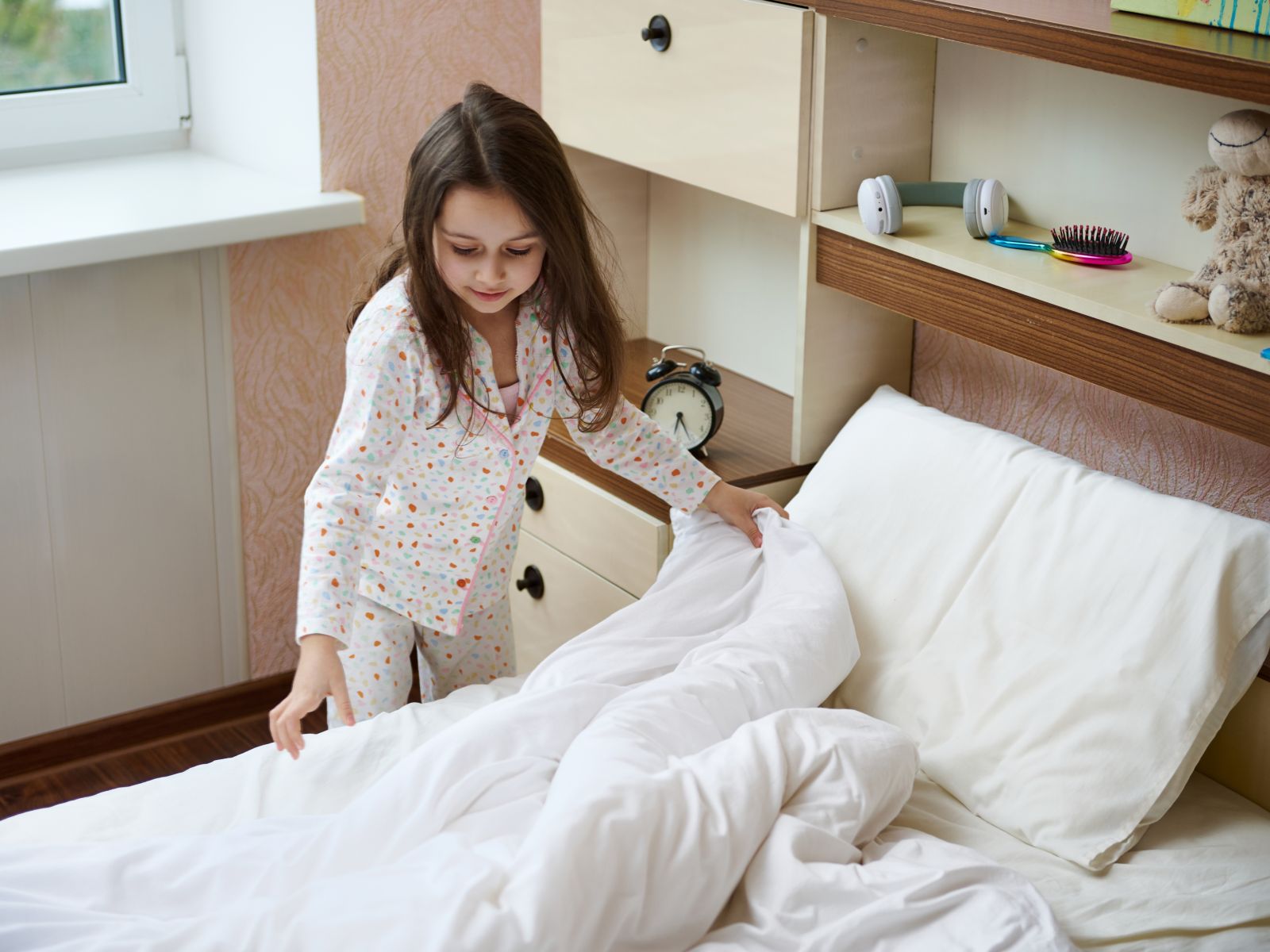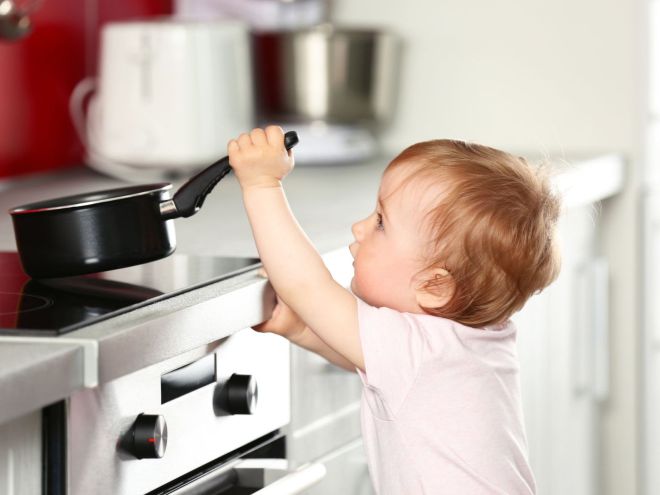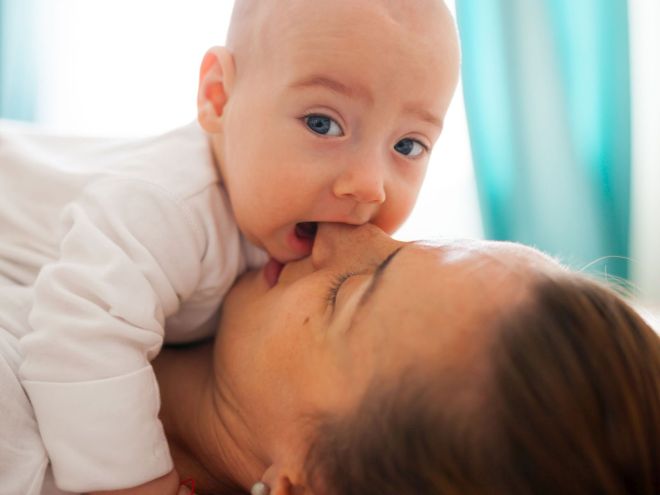Why you shouldn't just let your kid do whatever they want



Unparenting doesn’t mean letting kids do whatever they want.
The problem with overly permissive parenting
Everything revolves around the kids. They can do anything. No limits. Their parents mean well, of course. They want to give their children a different childhood than they had themselves. They don’t want to put limits on their children. They explain everything patiently. The trouble is when they forget about themselves and their own needs and boundaries. In other words, the child comes first and the parent comes second.
Often, however, this results in an out-of-control child and stressed-out parent who doesn’t know what to do.
That is not Unparenting.
The problem with traditional authoritarian parenting
Parents try to teach their children to obey. They mean well too, of course. They want to raise good, decent adults. They use commands, prohibitions, praise, and punishment to bring their children into line. They explain and teach their children about what to do and what not to do. In other words, what the parent says comes first and the child comes second. (That’s not always a bad thing, because sometimes parents need to make a decision and that’s fine. The problem arises when the parent’s word is law, end of discussion. The child’s thoughts and feelings don’t matter at all.)
The results can vary.
Sometimes you end up with an obedient child who doesn’t make a peep when Mom or Dad yell, but also doesn’t open up to them much. Sometimes you end up with a child who appears to be obedient but is actually just hiding whatever their parents wouldn’t like out of fear: secretly getting into mischief then making up stories or flat-out lying to cover, and their parents have no idea where it came from.
Sometimes you end up with a tearful, whiny, disagreeable child who’s never satisfied with anything and whose parents are at their wits’ end. And sometimes, of course, you end up with a classic “misbehaving” child who lashes out, kicks and screams, digs in their heels on everything, and talks back. And exhausted parents to boot.
What makes Unparenting different
Unparenting offers a third path. One where the parent and child both get what they need. One where you trust and understand each other and feel able to meet each other halfway. Maybe not all the time, but in most cases. And you’ll find you don’t need to keep up a constant stream of “do this” and “don’t do that” or constant explanations.
In contrast to permissive parenting, Unparenting sees the parent and child as equally important. If you let your child do things you aren’t comfortable with and then you sit there suffering quietly because you don’t want to stifle their creativity, what you’re really stifling is yourself. And you’re not doing yourself or your child any favors. Your child is not learning to be sensitive to the needs of others.
Children need to know that you have internal boundaries that you won’t cross, despite your great love for them.
On the other hand, if you lean toward authoritarian parenting and make decisions on their behalf, make sure they never step a toe out of line, and insist on your own point of view at all times, your children also won’t learn to be sensitive to the needs of others or meet you partway. Children only learn part of what we say, but almost all of what we do.
If you don’t listen to their needs, they won’t learn to listen to yours. If you don’t take them seriously, they won’t learn to take you seriously. If you yell and lose your temper any time things don’t go your way, they’ll learn to scream and yell when they don’t get their way. The answer is not to double down, so that your children double down as well and you fight each other every step of the way, but to find balance.
Children’s needs and parents’ needs in balance
Unparenting teaches you to listen and understand your children’s needs so they don’t have to express them through crying, losing their temper, talking back, or acting out. It teaches you how to tell your children what you need and want in a way they’ll understand, so you don’t have to repeat yourself a hundred times, yelling or getting worked up.
Unparenting is not about compromising or backing down
Compromise means both sides back down somewhat and neither gets exactly what they need. Unparenting is not about compromising or backing down. It’s about the art of working things out together so both sides have what they need. It’s about finding a better solution together than either of you could have come up with on your own.
We’ll teach you to listen to each other, work things out together, and find solutions that both you and your child will be happy with. You’ll learn to do the same in any situation, even the ones you struggle with the most right now, whether that means the morning routine, doctor’s visits, homework, brushing teeth, or going anywhere with a 2-year-old who hits the ground kicking and screaming at the drop of a hat.
You can have a look here to see how it is working for parents who have already started Unparenting.
We’ll also show you how to get through challenging moments together, ones where working things out peacefully might not be possible, in a way that strengthens your relationship instead of disrupting it.
Don’t expect a how-to manual
We never give you step-by-step instructions, like “do this and that, and then your child will reboot.” Anyone who promises you that is robbing you of the opportunity to learn to understand your child. To understand who they are and what they need. To know how to respond.
Unparenting is not a how-to manual. It’s about taking a different approach to your children.
Unparenting offers a set of proven principles for communication between parent and child in any situation. When you learn these principles and start putting them into practice in your own family, they will start the process of healing the negative aspects of authoritarian and permissive parenting, such as refusal to listen, insistence on getting their own way, long tearful scenes, backtalk, wild behavior, acting out, and lying.
The good thing is that you can start any time. It doesn’t matter whether your children are babies or teenagers. Whether your problems are small or big. Explore the course.


